Time travel will be the ultimate weapon. With it, any nation can write its own history, assure its dominance, and rule the world. However, having the ultimate weapon also carries the ultimate responsibility. How it is used will determine the fate of humankind. These are not just idle words. This world, our Earth, is doomed to end. Our sun will eventually die in about five billion years. Even if we travel to another Earth-like planet light-years away, humankind is doomed. The universe grows colder each second as the galaxies accelerate away from one another faster than the speed of light. The temperature in space, away from heat sources like our sun, is only about 3 degrees Kelvin (water freezes at 273 Kelvin) due to the remnant heat of the big bang, known as the cosmic microwave background. As the universe’s acceleration expands, eventually the cosmic microwave background will disperse, and the temperature of the universe will approach absolute zero (-273 degrees Kelvin). Our galaxy, and all those in our universe, will eventually succumb to the entropy apocalypse (i.e., “heat death”) in a universe that has become barren and cold. If there is any hope, it lies in the technologies of time travel. Will we need to use a traversable wormhole to travel to a new (parallel) universe? Will we need to use a matter-antimatter spacecraft to be able to traverse beyond this universe to another?
I believe the fate of humankind and the existence of the universe are more fragile than most of us think. If the secrets of time travel are acquired by more than one nation, then writing history will become a war between nations. The fabric of spacetime itself may become compromised, hastening doomsday. Would it be possible to rip the fabric of spacetime beyond a point that the arrow of time becomes so twisted that time itself is no longer viable? I do not write these words to spin a scary ghost story. To my mind, these are real dangers. Controlling nuclear weapons has proved difficult, but to date humankind has succeeded. Since Fat Man, the last atomic bomb of World War II, was detonated above the city of Nagasaki, there has been no nuclear weapon detonated in anger. It became obvious, as nations like the former Soviet Union acquired nuclear weapons, that a nuclear exchange would have no winners. The phrase “nuclear deterrence” became military doctrine. No nation dared use its nuclear weapons for fear of reprisal and total annihilation.
What about time travel? It is the ultimate weapon, and we do not know the consequences regarding its application. To most of humankind, time travel is not a weapon. It is thought of a just another scientific frontier. However, once we cross the time border, there may be no return, no do-over. The first human time travel event may be our last. We have no idea of the real consequences that may ensue.
Rarely does regulation keep pace with technology. The Internet is an example of technology that outpaced the legal system by years. It is still largely a gray area. If time travel is allowed to outpace regulation, we will have a situation akin to a lighted match in a room filled with gasoline. Just one wrong move and the world as we know it may be lost forever. Regulating time travel ahead of enabling time travel is essential. Time travel represents humankind’s most challenging technology, from every viewpoint imaginable.
What regulations are necessary? I have concluded they need to be simple, like the nuclear deterrence rule (about thirteen words), and not like the US tax code (five million words). When you think about it, the rule of nuclear deterrence is simple: “If you use nuclear weapons against us, we will retaliate, assuring mutual destruction.” That one simple rule has kept World War III from happening. Is there a similar simple rule for time travel?
I think there is one commonsense rule regarding time travel that would assure greater safety for all involved parties. I term the rule “preserve the world line.” Why this one simple rule?
Altering the world line (i.e., the path that all reality takes in four-dimensional spacetime) may lead to ruination. We have no idea what changes might result if the world line is disrupted, and the consequences could be serious, even disastrous.
The preserve the world line rule is akin to avoiding the “butterfly effect.” This phrase was popularized in the 2004 film The Butterfly Effect, with the now famous line: “It has been said that something as small as the flutter of a butterfly’s wing can ultimately cause a typhoon halfway around the world.” Although the line is from a fictional film, the science behind it is chaos theory, which asserts there is a sensitive dependence on the initial conditions of a system that could result in a significant change in the system’s future state. Edward Lorenz, American mathematician, meteorologist, and a pioneer of chaos theory, coined the phrase “butterfly effect.” For example, the average global temperature has risen about one degree Fahrenheit during the last one hundred years. This small one-degree change has caused the sea levels around the world to rise about one foot during the same period. Therefore, I believe, it is imperative not to make even a minor change to the past or future during time travel until we understand the implications.
Based on the above discussion, the implications of using time travel as a weapon are enormous. However, if time travel is used as a a weapon, we have no idea how this may impact the world line. If it is possible to adhere to the preserve the world line rule, traveling in time may become safe. Remember, our first nuclear weapons were small compared to today’s nuclear weapons. Even though they were comparatively small, the long-term effects included a 25% increase in the cancer rate of survivors during their lifetime. We had no idea that this side effect would result. Similarly, we have no idea what the long-term effects will be if we alter the world line. We already know from laboratory experiments that the arrow of time can be twisted. Things done in the future can alter the past. Obviously, altering the past may alter the future. We do not know much about it because we have not time traveled in any significant way. Until we do, preserving the world line makes complete sense.
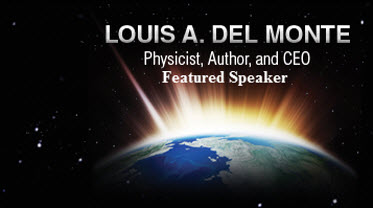






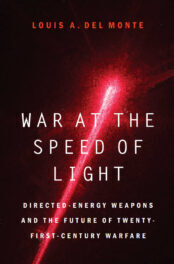
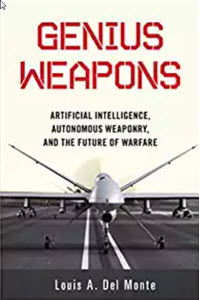
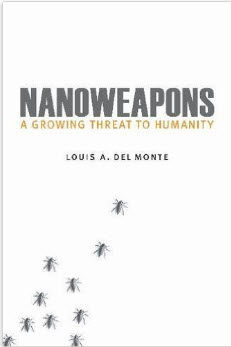
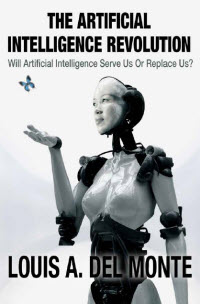

How would anyone know if time travel was used to begin with ….wouldnt the “new” timeline be your normal life just like it is today
I disagree with the idea that preserving the world line makes sense. I disagree because there could be more optimal outcomes of an event with minimal impacts to other events or even positive impacts to other events. Similar to how evolution finds the most optimal lifeform for a given environment would not time travel also be possible to find the most optimal world?
You also have a typo in the second sentence of the last paragraph: hanve should probably read as have.
Thank you for your comment. I have also corrected the typo 🙂